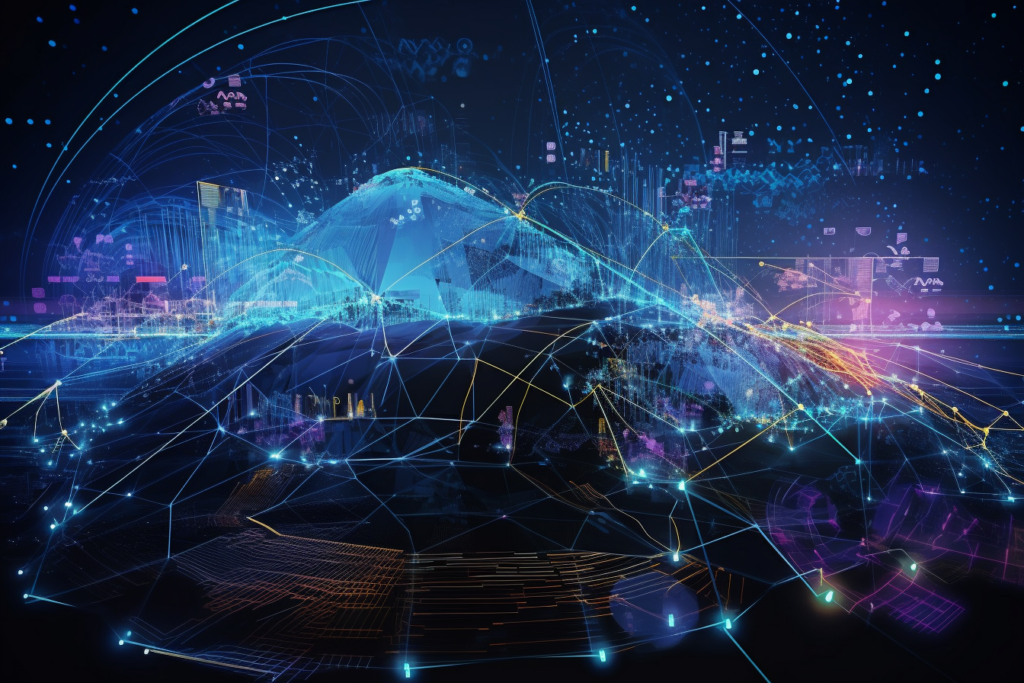
GPT and HR: Transforming Talent Acquisition and Employee Engagement
The integration of Generative Pre-trained Transformers (GPT) into Human Resources (HR) is revolutionising the way organisations handle talent acquisition and employee engagement. This 800-word piece will explore how GPT is impacting HR processes, including recruiting, training, and automating routine tasks.
Revolutionising Talent Acquisition with GPT
The recruitment process is witnessing a significant transformation with the advent of GPT. This AI technology enhances the ability of HR professionals to source and engage potential candidates in several ways:
- Automated Candidate Screening: GPT can efficiently process large volumes of applications, identify suitable candidates based on predefined criteria, and even predict candidate success based on historical data. This not only speeds up the screening process but also ensures a more accurate match between job requirements and applicant skills.
- Enhanced Job Descriptions: GPT assists in creating more effective job descriptions. By analysing successful listings, it can suggest improvements and optimizations to attract the right candidates.
- Candidate Engagement: Through AI-driven chatbots, GPT can interact with candidates, answering queries and maintaining engagement throughout the recruitment process. This leads to a more personalised candidate experience and can improve the employer brand.
Transforming Employee Training and Development
GPT is also reshaping employee training and development, making it more efficient and tailored:
- Customised Learning Modules: With GPT, HR departments can create personalised training modules based on individual employee needs and learning styles. This leads to more effective training outcomes and a better understanding of the material.
- Interactive Learning Experiences: GPT can simulate various scenarios and provide interactive Q&A sessions, making learning more engaging and practical.
- Continuous Learning Support: AI-driven systems can offer continuous learning and development support, providing employees with resources and information as and when they need them, fostering a culture of lifelong learning.
Automating Routine HR Tasks
GPT significantly reduces the workload of HR professionals by automating routine tasks:
- Employee Queries: HR chatbots powered by GPT can handle routine employee queries regarding company policies, benefits, and other HR-related information, freeing up time for HR professionals to focus on more strategic tasks.
- Performance Reviews: GPT can assist in drafting initial performance reviews, which can then be personalised by managers. This streamlines the review process and ensures consistency across the organisation.
- Policy and Document Generation: From drafting policies to creating HR documents, GPT can automate much of the writing process, ensuring accuracy and compliance with regulatory standards.
Enhancing Employee Engagement and Retention
GPT tools are becoming instrumental in improving employee engagement and retention:
- Personalised Employee Experiences: By analysing employee feedback and engagement data, GPT can help HR teams devise personalised engagement strategies for each employee, enhancing their workplace experience.
- Predictive Analytics: GPT can predict potential employee turnover by analysing patterns in employee behaviour and feedback. This allows HR to proactively address issues and improve retention strategies.
- Employee Wellness Programs: GPT can assist in creating and managing employee wellness programs by analysing employee needs and preferences, thereby contributing to a healthier and more productive workforce.
Ethical Considerations and Challenges
While the advantages of GPT in HR are numerous, it’s important to consider ethical implications and challenges:
- Data Privacy: Ensuring the privacy and security of employee data is paramount when using AI in HR processes.
- Bias and Fairness: There’s a need to constantly monitor and update AI algorithms to prevent biases in recruitment and other HR processes.
- Human Touch: Despite the efficiency of AI, maintaining the human element in HR practices is crucial for employee morale and trust.
Final Thoughts
The integration of GPT in HR is not just a trend but a significant shift in how HR operates. By automating routine tasks, personalising training and engagement strategies, and enhancing the recruitment process, GPT is enabling HR professionals to focus on more strategic and impactful aspects of their roles. As we move forward, it’s essential for organisations to embrace these technologies while being mindful of their ethical implications. The future of HR lies in a balanced approach where AI and human expertise work in tandem to create a more efficient, engaging, and equitable workplace.